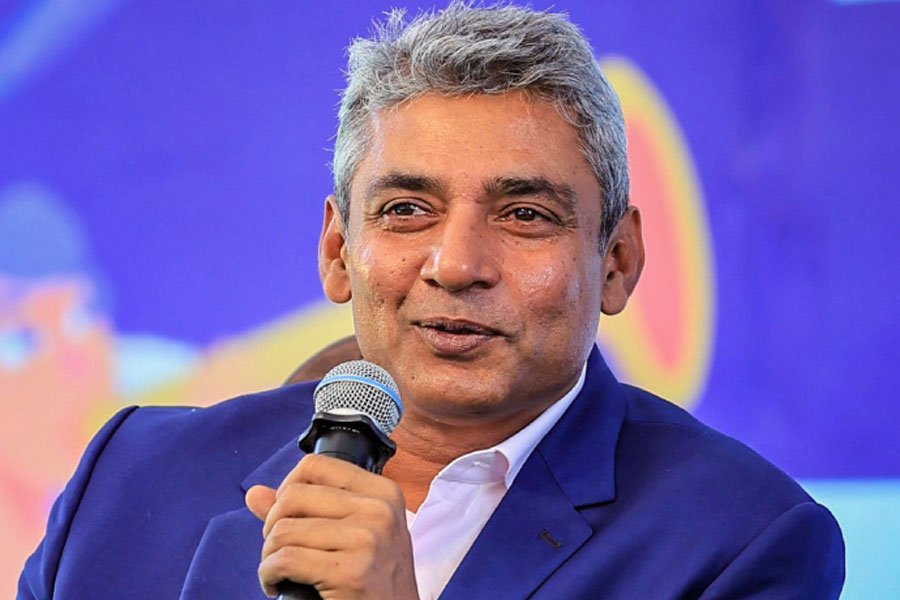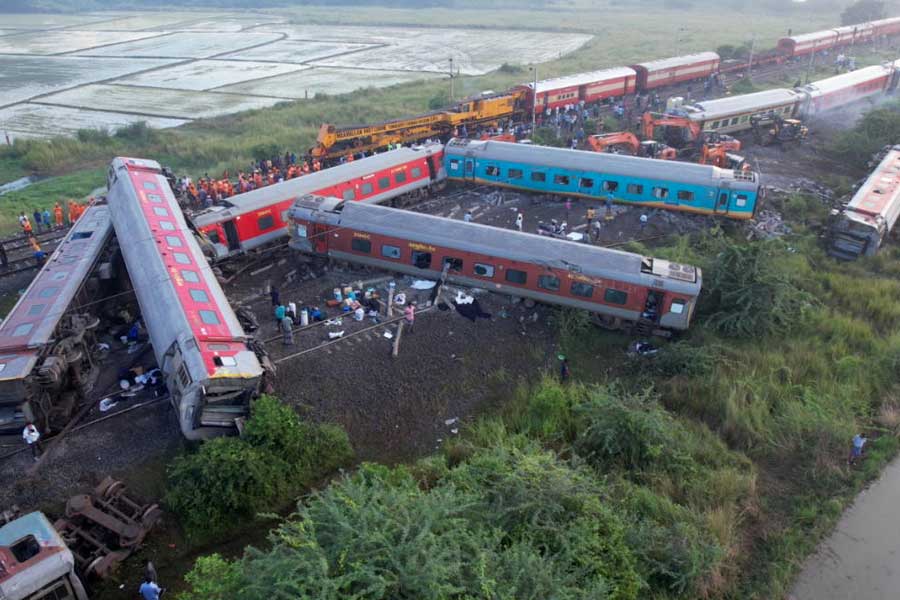Areeb Uddin Ahmed is a final-year law student of Aligarh Muslim University (AMU). Since the lockdown was announced, multiple things are on hold for him and his batchmates —from the previous semester exams, which are still pending due to the CAA-NRC protests, to final submission of projects. Added to the worry of placements and the postgraduation scenario in a post-pandemic world is the new decision by the Bar Council of India (BCI) — which regulates law education in the country. Last week, BCI asked all law universities to hold online examinations for final-year students. While it asked the institutions to make alternative arrangements for students unable to take the online test, it did not specify what these arrangements should be. Most law students are not happy with this decision.
Areeb says, “Those of us who wanted to opt for litigation or judicial studies are now stuck.” Nupur Thapliyal, final-year student of JIMS School of Law, Guru Gobind Singh Indraprastha University, New Delhi, points out, “The delay in our final-year result delays our registration process in the state bar councils.” Feels 22-year-old Rashmi Singh, who is Areeb’s batchmate, “The decision should be reconsidered by the council.”
There are 1,170 law colleges in India — 807 private and 363 government-run. Nearly a lakh students graduate every year after completing either the five-year BA LLB or the three-year LLB course. The final-year law examinations depend upon the curriculum of the universities individually. It is usually a combination of written examinations, mandatory internships, dissertation and viva.
Even though some students understand that the BCI has the best interests of the final-year students at heart and wants to ensure there are no further disruptions in the academic calendar, they are unsure if they are mentally prepared to appear for their finals, that too in a never-tried-before format, in the middle of a crisis.
The decision has its advantages and disadvantages but the list of cons is longer. The biggest drawback is Internet connectivity. Says Nupur, “It won’t be fair for the universities to presume that the thousands of students from the most urban to the remotest areas will have similar Internet connections. In areas such as J&K even 2G connectivity is miserable.”
Adds Areeb, “Online examination is like social distancing — a privilege for some and difficult for others who don’t have a competent Internet connection.” Many may not even have the access to a smartphone. In case of technical glitches or operational errors, there will be an abysmal impact on careers. Also, students may not be able to showcase their best performance in the online mode. Areeb elaborates, “Not every student is expected to do well with technology. It would be a forced decision on those who are not well-versed with the idea of going ‘online’.” There are also students who are visually challenged or need special care due to disabilities. With such a decision being implemented for the first time, there is also a question of privacy and increased chances of cheating.
As for advantages, if this exercise is successful, students could in future be allowed to answer exams from home if the need arises.
A handful of institutions such as the West Bengal National University of Juridical Sciences (NUJS) in Calcutta have already conducted online exams for final-year students in end-April. “This experience taught us about issues of accessibility and other problems first-hand,” says Shouvik Kumar Guha, assistant professor of law at NUJS.
Students were provided with application-based questions that they had to answer in four to six hours. “The additional time (normally exams last for three hours) was provided to compensate for weak Internet connection, slow typing speed, unaccustomed examination patterns and other factors,” says Guha.
In the course of this exercise, the institute realised its drawbacks and chose not to replicate it for other students. “There are many students from relatively weaker economic backgrounds and quite a few are first-generation learners. Some have been struggling to fulfil additional responsibilities at home such as taking care of the elderly and the sick and are also suffering from health issues of their own, both physical and mental,” points out Guha.
Some students did not have privacy at home as they had to share the room with parents and siblings. There were students who had old laptops without proper battery backup that crashed suddenly, students in poor connectivity areas who could not even download the question paper and some had to leave the examination halfway because the elderly in the house had a sudden onset of health issues.
“The idea of a residential university, such as NUJS, is to try to protect students as far as possible from such unequal conditions and level the playing field. Conducting compulsory examinations online and expecting them to turn up for that in disregard of their circumstances would have been nothing short of gross negligence and insensitivity on our part,” he says.
Rongeet Poddar, a recent graduate of NUJS, aspires to a career in corporate law. He calls it “a novel yet demanding experience to appear for the final year examinations online”. He elaborates, “I was quite apprehensive about what pattern to expect and the modalities to follow. Our university conducted demo exercises to familiarise us with the procedure. The phase before the examinations was mentally taxing. I found it challenging to get myself in the right frame of mind during the pandemic.”
Many of his classmates could not access study materials and class notes. What had been couriered was also stuck in transit. However, soft-copies of study materials were arranged in time. Rongeet was preparing to work at a law firm as an associate from July but, because of the pandemic, his plans have now been deferred.
An NUJS student who could not appear for the online examinations spoke to YOU on the condition of anonymity. “When my university proposed online exams, some of
us were not in favour and suggested marks be scaled up from previous semesters. But some were also worried about scrapping the exams since we know how rigid and grade-based the education system is and how our GPAs are the most significant factor when it comes to pursuing a lot of opportunities. I myself was in favour of online exams till
I started preparing. It was a tough job to study in a chaotic environment, to sit in front of the laptop for 10 hours a day. I had not even carried some of my study material home. Moreover, I could not sit for six hours to answer the exams due to health issues and extensive power cuts. One of my friends had to run to a neighbour’s halfway through the exam because her house lost power supply.”
She continues, “The possibility of copying cannot be ruled out since no one is monitoring what we are doing. At best, plagiarism checks can be used. But five years of law school also teaches us how to deal with that. So I don’t really get how our grades are supposed to show our potential or understanding.”
Some suggest that online examinations should be replaced by research-based programmes, others feel an average of the best results from previous semesters should be considered. Guha concludes that while there would come a day when all students in this country could appear for online examinations from the safety of their homes without accessibility issues, that time is plainly not here yet.











